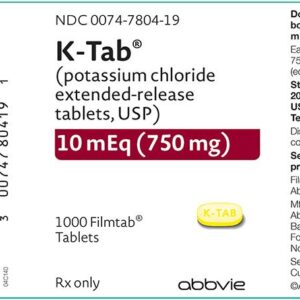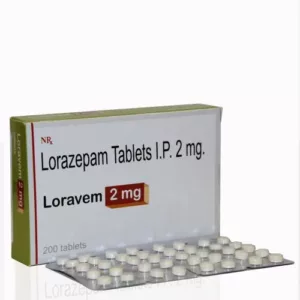ALPRAZOLAM is an anxiolytic drug (anxiety reducer) that is used to treat anxiety, and panic disorder over a short period. ALPRAZOLAM increases the activity of GABA (a chemical messenger in the brain that act as a natural nerve-calming agent) and is involved in inducing sleep. Thereby, ALPRAZOLAM relaxes muscles, reduces anxiety, and induces sleep. ALPRAZOLAM is not to be used for mild anxiety associated with the stress of today’s life situations.
Take ALPRAZOLAM with or without food and swallow whole with a glass of water. Your doctor will advise you on how often you take ALPRAZOLAM based on your medical condition. Some people may experience depression, sleepiness and drowsiness, jerky, uncoordinated movements, inability to remember bits of information, slurred speech, dizziness, light-headedness, headaches, constipation, dry mouth, tiredness, and irritability. Most of these side effects of ALPRAZOLAM do not require do not require medical attention and gradually resolve over time. However, if the side effects persist or worsen, please consult your doctor.
If you are known to be allergic to ALPRAZOLAM or any other medicines, please tell your doctor. ALPRAZOLAM is not recommended for children below 18 years of age. Do not take ALPRAZOLAM if you are pregnant or breastfeeding as it may cause adverse effects on the baby. Inform your doctor if you have a drug addiction, muscle weakness, chronic pulmonary insufficiency, liver or kidney problem, or narrow-angle glaucoma (damage to optic nerve) before taking the ALPRAZOLAM. Do not take ALPRAZOLAM with opioids as it may cause breathing problems or other severe adverse effects.











